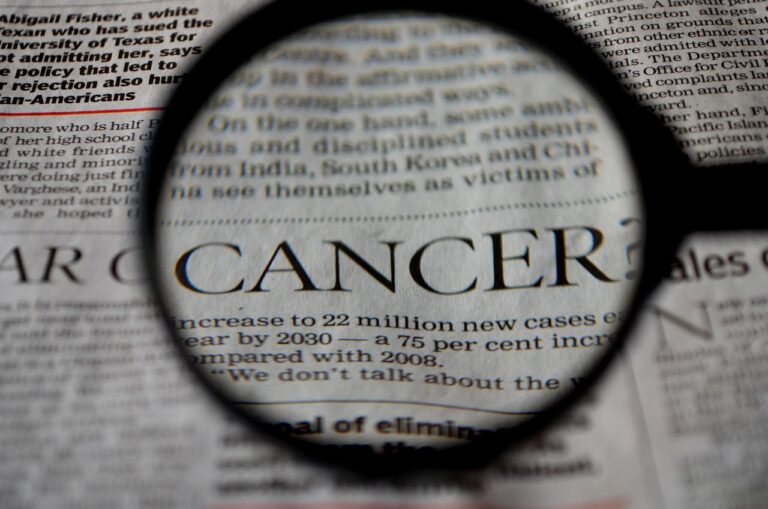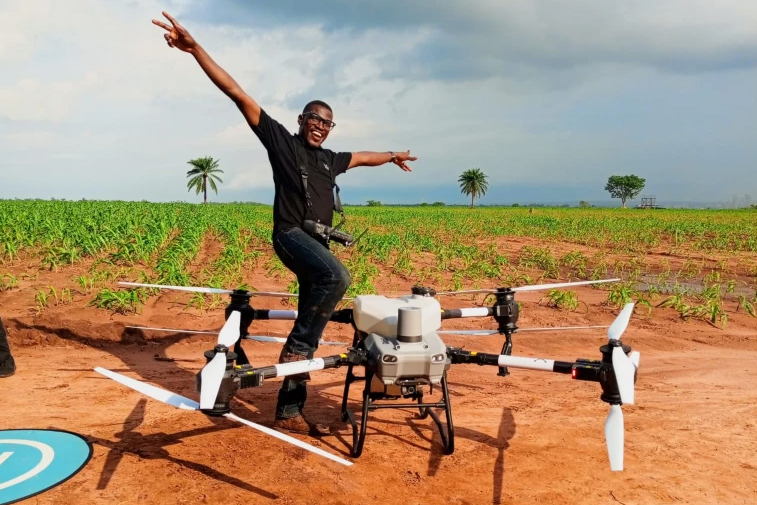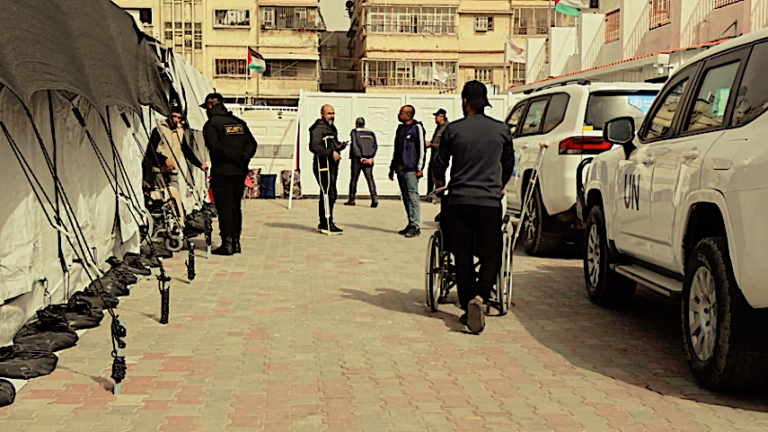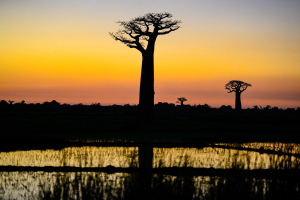
Antananarivo: Andry Rajoelina, President of Madagascar, today thanked Prime Minister Narendra Modi for India’s leadership in promoting climate and disaster resilience through the ‘Coalition for Disaster Resilient Infrastructure’.
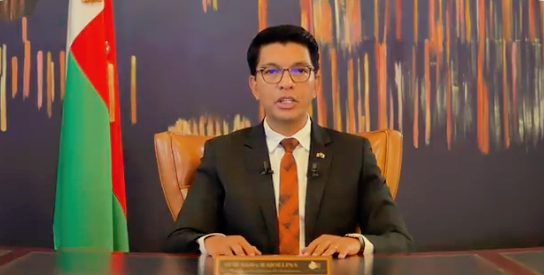
Rajoelina, who participated virtually, was speaking at the opening ceremony of the 4th International Conference on Disaster Resilient Infrastructure. “One of the keys to meeting our development challenge is to work for rural societies’ adaption to climate change,” the President said.
Madagascar, a very low polluter, is among the most vulnerable countries to climate change. Today, it is the 4th most exposed and affected country in the world, to the effects of climate change. Because of climate change, cyclones are becoming more frequent and more violent here and this happened recently, at the beginning of this year. In only 25 days, Madagascar underwent a series of major weather events; the passage of the tropical storm ANA, the cyclone BATSIRAI – one of the most violent cyclones in the last ten years; the tropical storm DUMAKO and tropical cyclone EMNATI.
These cyclones damaged not only more than 8,500 homes, but also schools, health facilities, offices and administrative buildings, and affected the lives and livelihoods of thousands of people. The rising waters also caused damage to road, rail, hydro-agricultural and energy infrastructures, as well as to agriculture, which represents the main activity for 80% of the population.
“This situation stalls our momentum and slows down the development activities of the country,” Rajoelina said while highlighting that the island nation suffers from both repeated floods due to meteorological cataclysms and intense drought causing chronic famine for the population of the south of my country. “On average, 15 cyclones hit Madagascar every decade,” he said.
In recent years, extreme weather events in Madagascar have mainly led to a decrease in agricultural production, destruction of infrastructure, loss of human lives, degradation of natural resources, making food security precarious, as well as public health and drinking water supply.
“Madagascar has seen nearly 200,000 hectares of agricultural land devastated and flooded,” Rajoelina pointed out, but added, “And yet, our objective is to increase the rice-growing area in Madagascar by 100,000 hectares, in order to achieve food self-sufficiency”.
He hoped in the coming year, specific programs and projects of the C.D.R.I will be launched and will include Madagascar.
“In recent years, our country has made significant progress in building capacity and institutional frameworks to proactively manage disasters and improve our climate resilience. It is important to share our experience in order to advance our disaster and climate resilience programmes,” he said.
In this regard, he felt the I.C.D.R.I 2022 was an important platform for knowledge exchange, strengthening the resilience of infrastructure systems and fostering collaboration to serve the world’s most vulnerable communities.
“In just a few years, this conference has become an important space for discussion and deliberation on the resilient future of our infrastructure systems,” he said and added that as the newest African member of the Coalition, Madagascar looked forward to fruitful exchanges and activities that have direct impacts on people’s lives.
In order to implement emergency response and reconstruction actions for a concrete transformation in the lives of the affected populations, the Malagasy State has developed a National Recovery Plan, aiming to help the affected populations through improving access to basic social services, restarting activities that generate employment, restoring and setting up a continuous distribution of electricitý, rehabilitating roads and developing housing solutions that meet the para-cyclonic building construction standards.
According to Rajoelina, for Madagascar and all countries vulnerable to climate change, it is crucial to invest in the resilience of infrastructure systems. “They are not only the lifelines of our economy in normal times but also essential for rapid recovery after a disaster,” he said. He expressed Madagascar’s commitment and determination to work for the common cause of promoting disaster and climate change resilient infrastructures, “not only in our country but all over the world!”
– global bihari bureau



